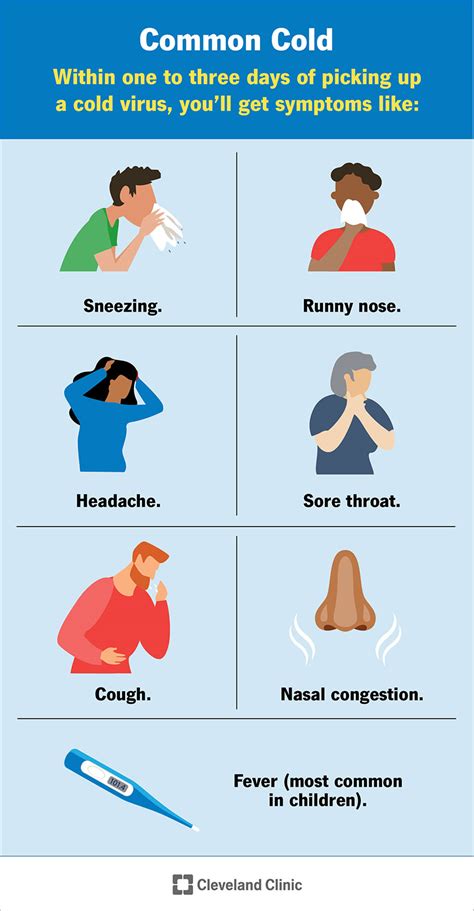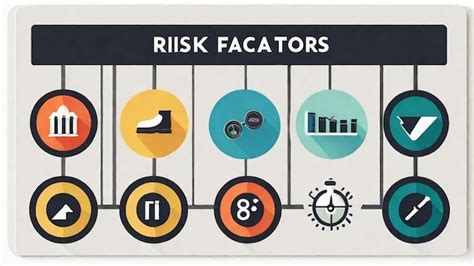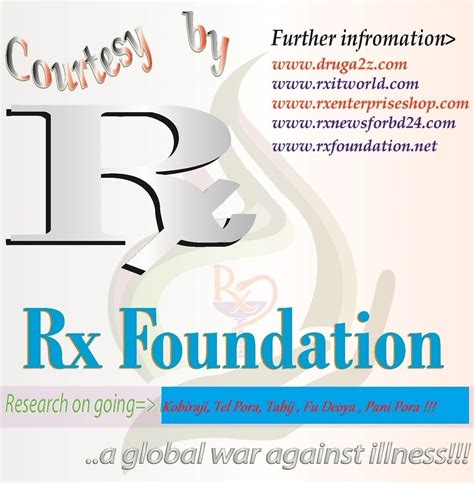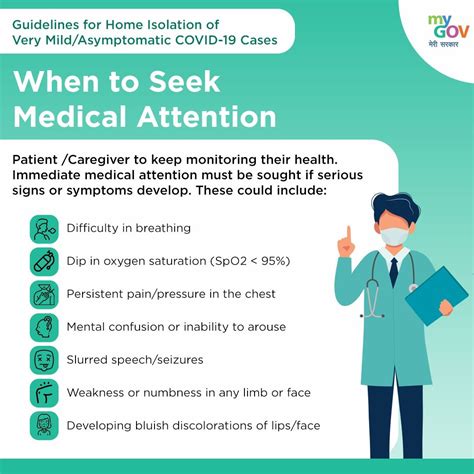Intro
Identify common cold signs and symptoms, including runny nose, cough, and fatigue, to manage your illness effectively with natural remedies and over-the-counter treatments for relief.
The common cold is a viral infection that affects millions of people worldwide every year. It is a highly contagious illness that can be caused by over 200 different viruses, with the rhinovirus being the most common culprit. The symptoms of a common cold can vary from person to person, but there are some common signs and symptoms that can help identify the illness. In this article, we will delve into the world of common cold signs and symptoms, exploring the various ways in which this illness can manifest and the best ways to manage its symptoms.
The common cold is a self-limiting illness, meaning that it will resolve on its own with time. However, the symptoms can be uncomfortable and disrupt daily life. The incubation period of a common cold is typically between 2-14 days, with the symptoms usually appearing within 2-3 days of exposure to the virus. The duration of a common cold can vary, but it usually lasts for around 7-10 days. In some cases, the symptoms can persist for up to 2 weeks.
The common cold is a highly contagious illness that can be spread through close contact with an infected person, contaminated surfaces, and airborne transmission. The virus can enter the body through the eyes, nose, and mouth, making it essential to practice good hygiene, such as washing hands regularly and avoiding close contact with people who are sick. Understanding the signs and symptoms of a common cold is crucial in identifying the illness and taking steps to manage its symptoms.
Common Cold Signs and Symptoms

The common cold can cause a range of symptoms, including a runny nose, sore throat, cough, and fatigue. The symptoms can vary in severity and duration, but there are some common signs and symptoms that can help identify the illness. Some of the most common symptoms of a common cold include:
- Runny nose and congestion
- Sore throat and cough
- Fatigue and headache
- Sneezing and loss of appetite
- Body aches and fever
These symptoms can be uncomfortable and disrupt daily life. However, there are some steps that can be taken to manage the symptoms and reduce the risk of complications.
Types of Common Cold Symptoms
The symptoms of a common cold can be categorized into several types, including respiratory, systemic, and gastrointestinal symptoms. Respiratory symptoms include a runny nose, congestion, and cough, while systemic symptoms include fatigue, headache, and body aches. Gastrointestinal symptoms include nausea, vomiting, and diarrhea.Understanding the different types of symptoms can help identify the severity of the illness and guide treatment. For example, respiratory symptoms can be managed with over-the-counter medications, such as decongestants and cough suppressants, while systemic symptoms can be managed with rest, hydration, and pain relievers.
Causes and Risk Factors

The common cold is caused by a viral infection, with the rhinovirus being the most common culprit. The virus can enter the body through the eyes, nose, and mouth, making it essential to practice good hygiene, such as washing hands regularly and avoiding close contact with people who are sick.
There are several risk factors that can increase the likelihood of developing a common cold, including:
- Age: Children and older adults are more susceptible to common colds
- Weakened immune system: People with weakened immune systems, such as those with chronic illnesses or taking immunosuppressive medications, are more likely to develop common colds
- Poor hygiene: Failing to practice good hygiene, such as washing hands regularly, can increase the risk of developing a common cold
- Close contact: Close contact with an infected person can increase the risk of developing a common cold
Understanding the causes and risk factors of common colds can help guide prevention and treatment strategies.
Prevention Strategies
There are several prevention strategies that can help reduce the risk of developing a common cold, including: * Practicing good hygiene, such as washing hands regularly * Avoiding close contact with people who are sick * Getting enough sleep and managing stress * Eating a healthy diet and staying hydrated * Avoiding smoking and secondhand smokeThese prevention strategies can help reduce the risk of developing a common cold and minimize the severity of symptoms.
Diagnosis and Treatment

The diagnosis of a common cold is typically based on the symptoms and medical history. A healthcare provider may perform a physical examination and ask questions about the symptoms and medical history to diagnose a common cold.
The treatment of a common cold usually involves managing the symptoms and reducing the risk of complications. Some common treatments for common colds include:
- Over-the-counter medications, such as decongestants and cough suppressants
- Rest and hydration
- Pain relievers, such as acetaminophen or ibuprofen
- Saline nasal sprays and drops
- Humidifiers and steam inhalers
It is essential to note that antibiotics are not effective against common colds, as they are caused by a viral infection. However, antibiotics may be prescribed if a secondary bacterial infection develops.
Complications and Secondary Infections
In some cases, common colds can lead to complications and secondary infections, such as: * Sinusitis: An infection of the sinuses * Bronchitis: An infection of the airways * Pneumonia: An infection of the lungs * Ear infections: An infection of the middle ear * Asthma exacerbations: A worsening of asthma symptomsThese complications and secondary infections can be serious and require medical attention. It is essential to seek medical attention if symptoms worsen or persist.
Home Remedies and Self-Care

There are several home remedies and self-care strategies that can help manage the symptoms of a common cold, including:
- Drinking plenty of fluids, such as water and herbal tea
- Using a humidifier or steam inhaler to relieve congestion
- Getting plenty of rest and managing stress
- Eating a healthy diet, including foods rich in vitamin C and zinc
- Practicing good hygiene, such as washing hands regularly
These home remedies and self-care strategies can help alleviate symptoms and reduce the risk of complications.
Natural Remedies and Supplements
Some natural remedies and supplements may help alleviate symptoms and boost the immune system, including: * Vitamin C: An antioxidant that can help boost the immune system * Zinc: A mineral that can help reduce the severity and duration of symptoms * Echinacea: A herb that may help reduce the risk of developing a common cold * Garlic: A natural antiviral and antibacterial agent * Honey: A natural cough suppressant and soothing agentHowever, it is essential to consult with a healthcare provider before taking any supplements or natural remedies, as they may interact with medications or have side effects.
When to Seek Medical Attention

It is essential to seek medical attention if symptoms worsen or persist, or if there are any concerns about the severity of the illness. Some signs that may indicate the need for medical attention include:
- Difficulty breathing or shortness of breath
- Chest pain or tightness
- Severe headache or facial pain
- Fever above 102°F (39°C)
- Severe fatigue or weakness
- Confusion or disorientation
Seeking medical attention promptly can help reduce the risk of complications and ensure proper treatment.
Conclusion and Final Thoughts
In conclusion, the common cold is a viral infection that can cause a range of symptoms, from mild to severe. Understanding the signs and symptoms, causes, and risk factors can help guide prevention and treatment strategies. By practicing good hygiene, getting enough sleep, and managing stress, individuals can reduce the risk of developing a common cold. If symptoms do develop, there are several home remedies and self-care strategies that can help alleviate symptoms and reduce the risk of complications. Remember to seek medical attention if symptoms worsen or persist, or if there are any concerns about the severity of the illness.We hope this article has provided you with a comprehensive understanding of common cold signs and symptoms. If you have any questions or comments, please feel free to share them below. Don't forget to share this article with your friends and family to help them stay informed and healthy.
What are the most common symptoms of a common cold?
+The most common symptoms of a common cold include a runny nose, sore throat, cough, and fatigue.
How can I prevent a common cold?
+Practicing good hygiene, such as washing hands regularly, avoiding close contact with people who are sick, and getting enough sleep and managing stress can help reduce the risk of developing a common cold.
What are some home remedies for a common cold?
+Some home remedies for a common cold include drinking plenty of fluids, using a humidifier or steam inhaler, getting plenty of rest, and eating a healthy diet.
